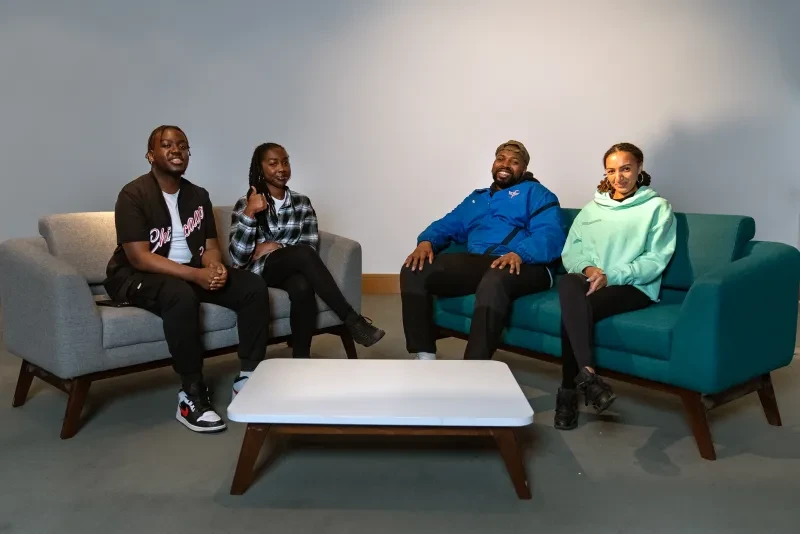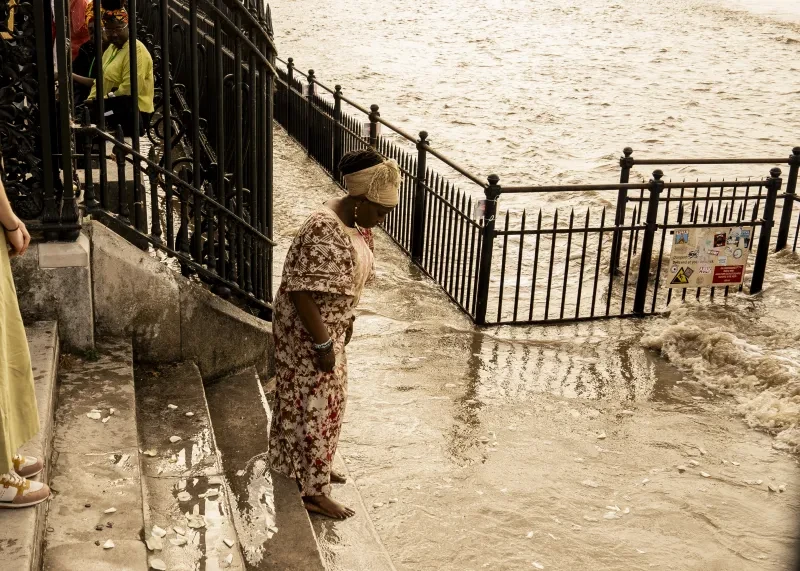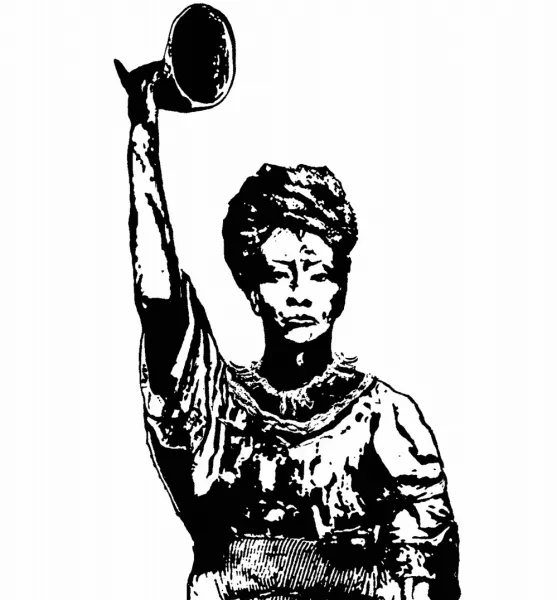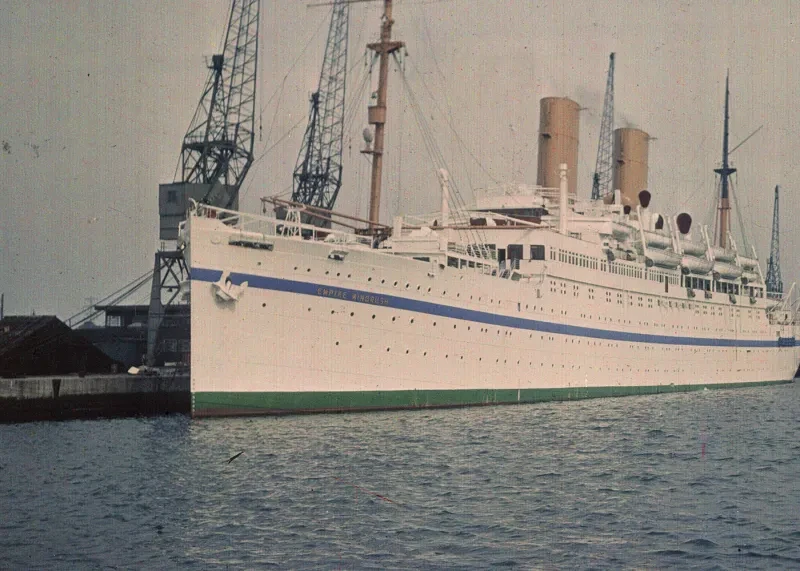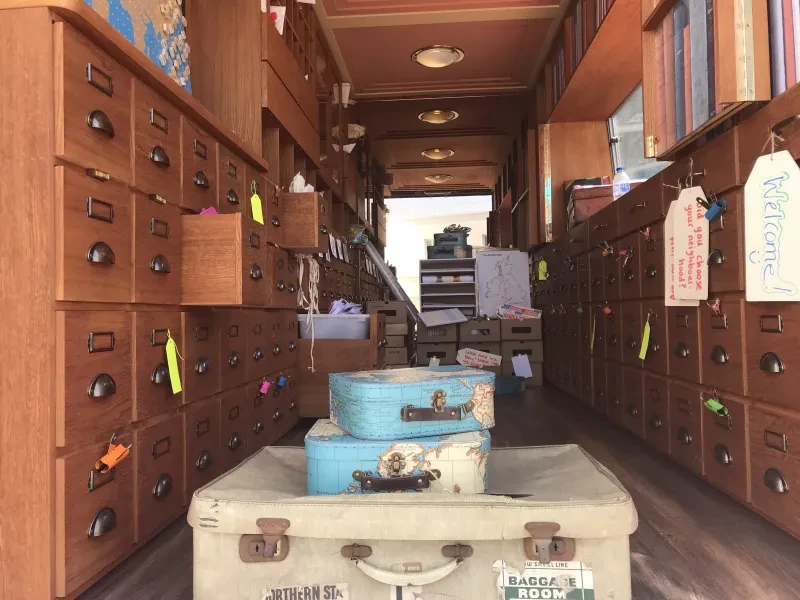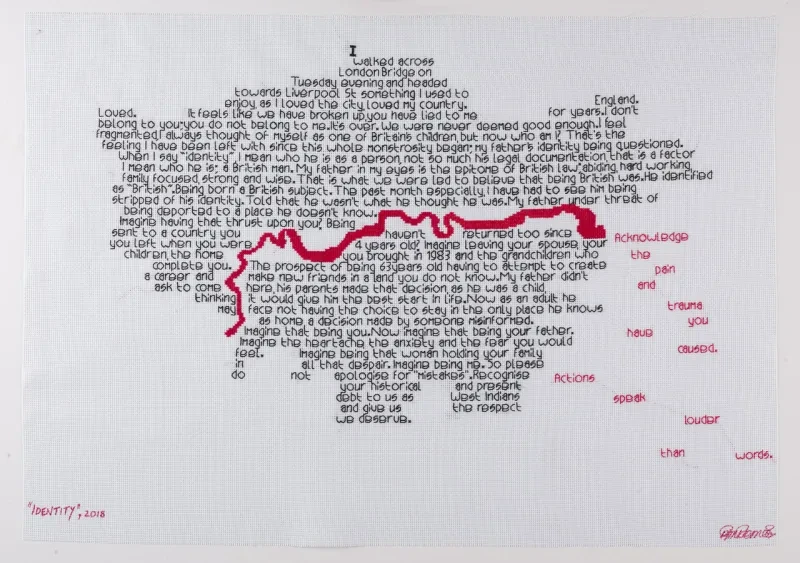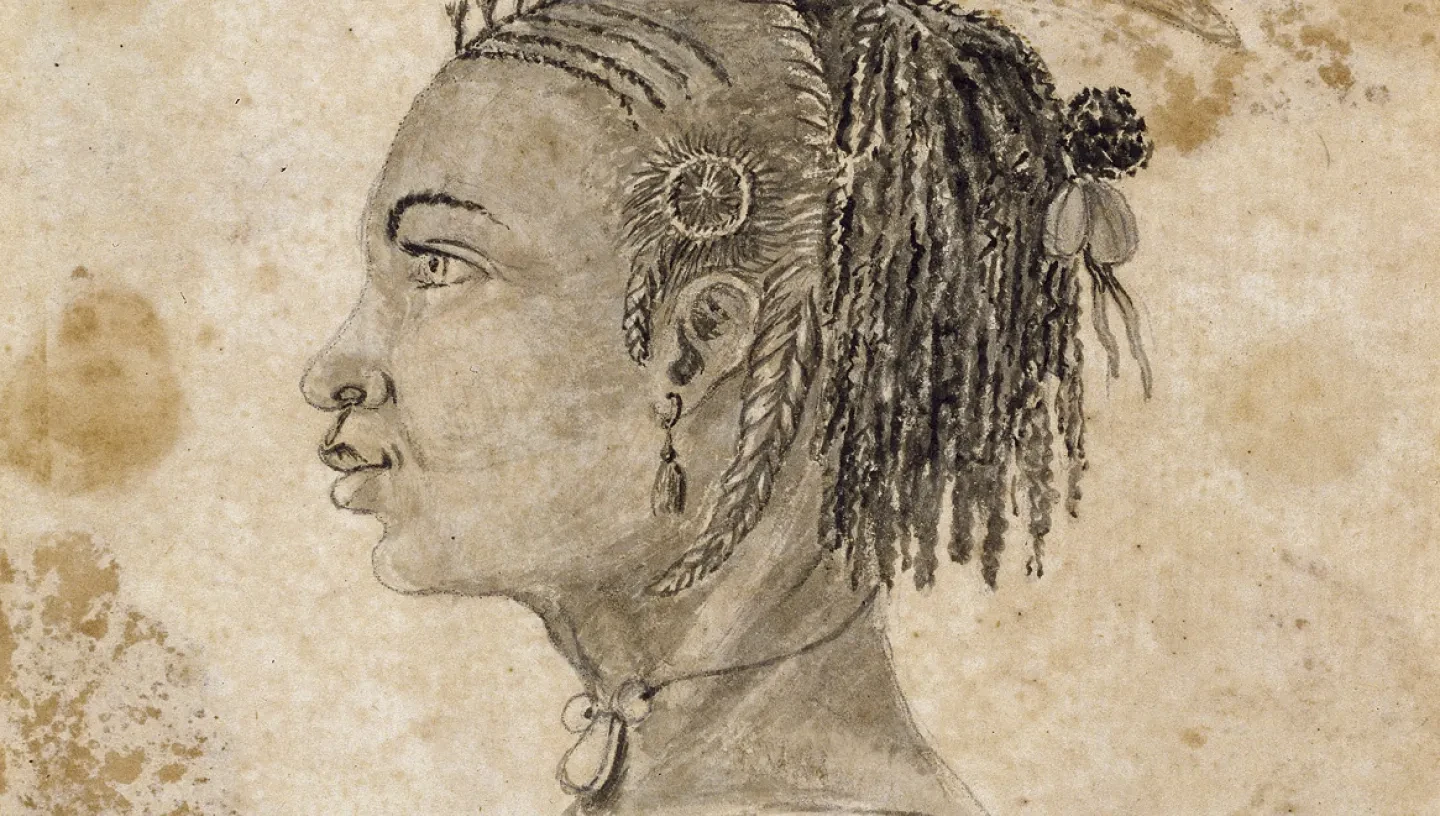
The Seeing Ourselves podcast is part of a multi-disciplinary arts project conceived by London-based artist Sharon Walters.
Supported by the National Maritime Museum through the Migration, Heritage and Belonging project, Sharon collaborates with a selection of historians and artists to reflect on and respond to depictions of people of African descent in museum collections.
Their discussions are frank, open and honest, offering a unique insight into how it feels to see ‘yourself’ represented – and misrepresented – in museum spaces.
Series 1
Find out about the objects and guests featured in the first series of Seeing Ourselves.
Tap to exploreDance and Ritual
What’s it like to see the presence of black Caribbean people as a woman? In this episode Sharon Walters and Serena Lee discuss the theme of dance and ritual, referencing a series of selected objects from the Royal Museums Greenwich collection. They also discuss the impact and lack of contextual referencing in museum collections.
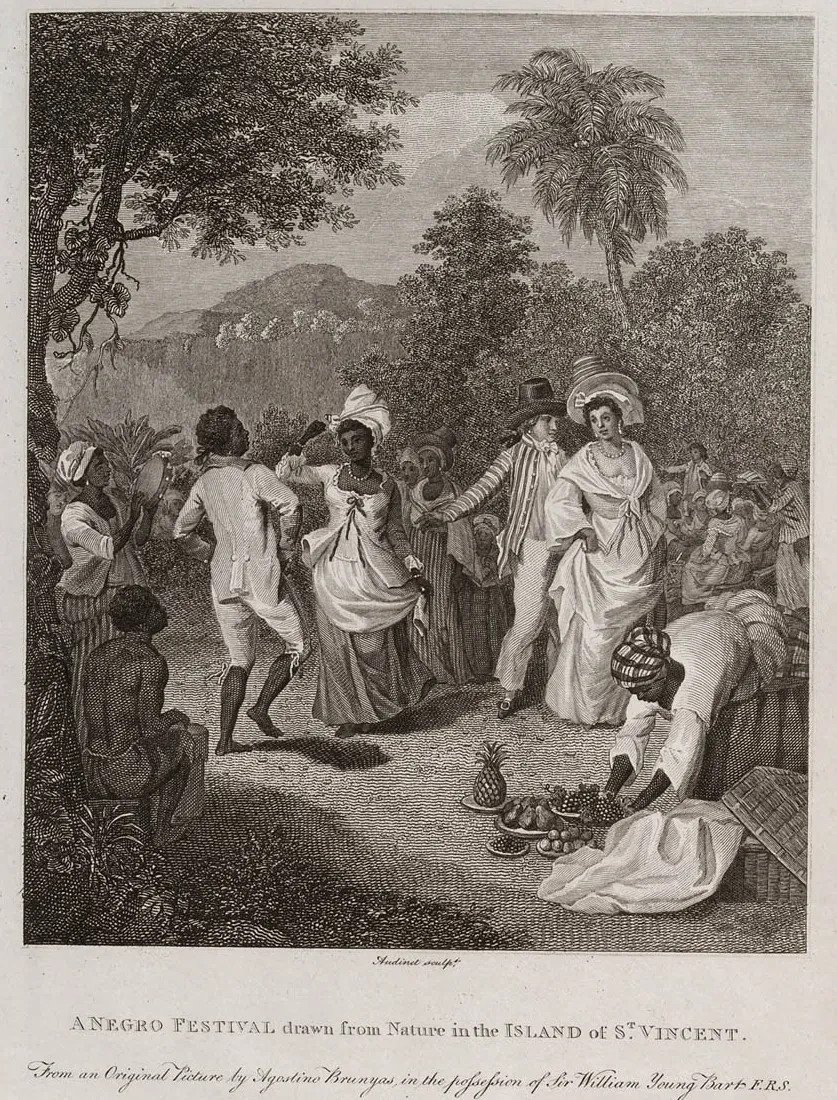
Victor Hugues' Guillotine
Fiona Compton talks about the importance of this powerful object, which represents so much for her personally as a St Lucian and for the wider African Caribbean diaspora. The guillotine tells the story of the Neg Mawon and Victor Hugues, and the whole revolution that happened in the Caribbean in the 1790s. It explores why seeing this object evoked such mixed emotions as it symbolises so much more than the museum's interpretation and presentation implies. This object is a symbol of resistance and revolution, yet without knowledge beyond that provided by the museum, it would be difficult to understand or relate to its deep significance.
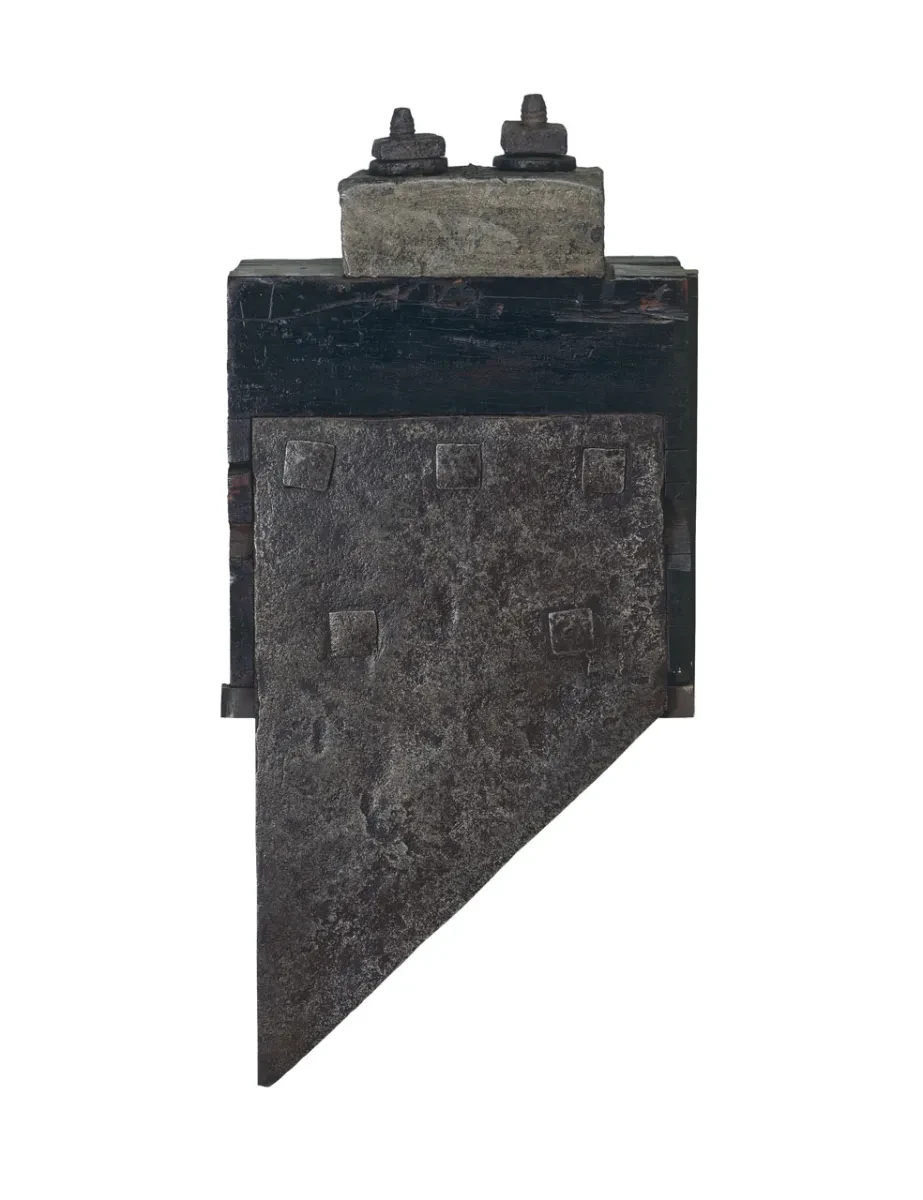
Christianity
The impact and influence of Christianity is explored in this episode through the ‘Destruction of the Boyne Estates by the rebel slaves in 1831’ and the ‘The Ordinance of Baptism in Jamaica’. In particular the discussion covers how slavery was underpinned by Christianity, and how it continues to play a powerful role in contemporary Caribbean society.
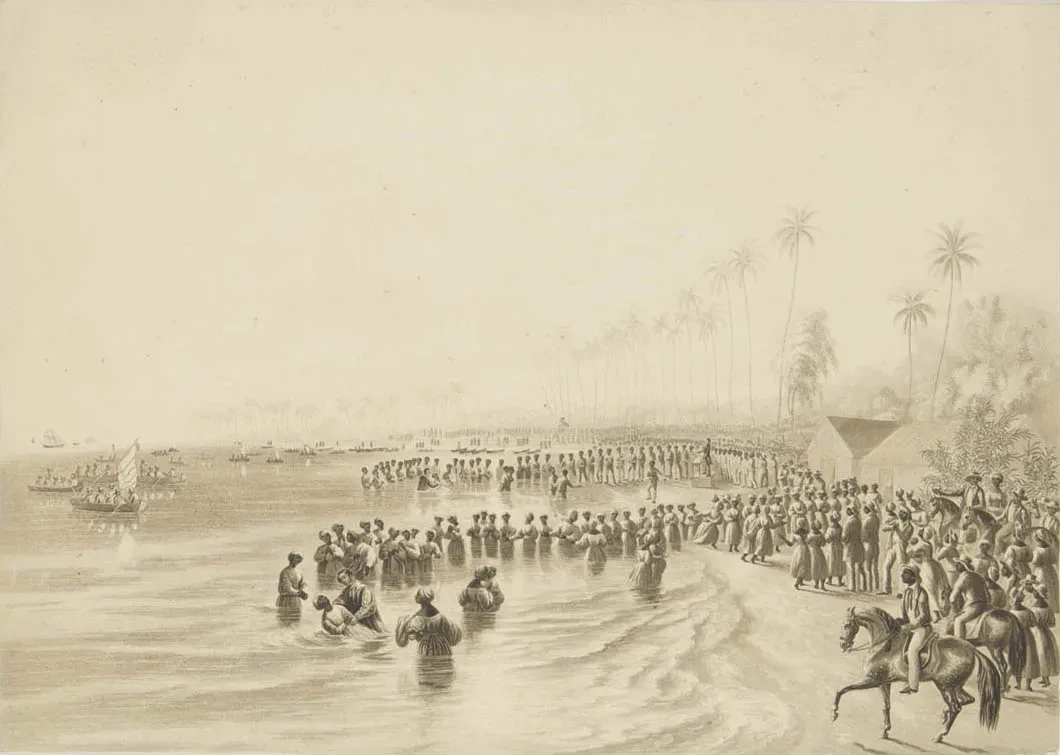
Beauty Aesthetics
Sharon and Serena discuss art, beauty standards and aesthetics. Their conversation centres on two contentious pieces from the archive collection, and explores the impact of artworks in framing how we see ourselves.
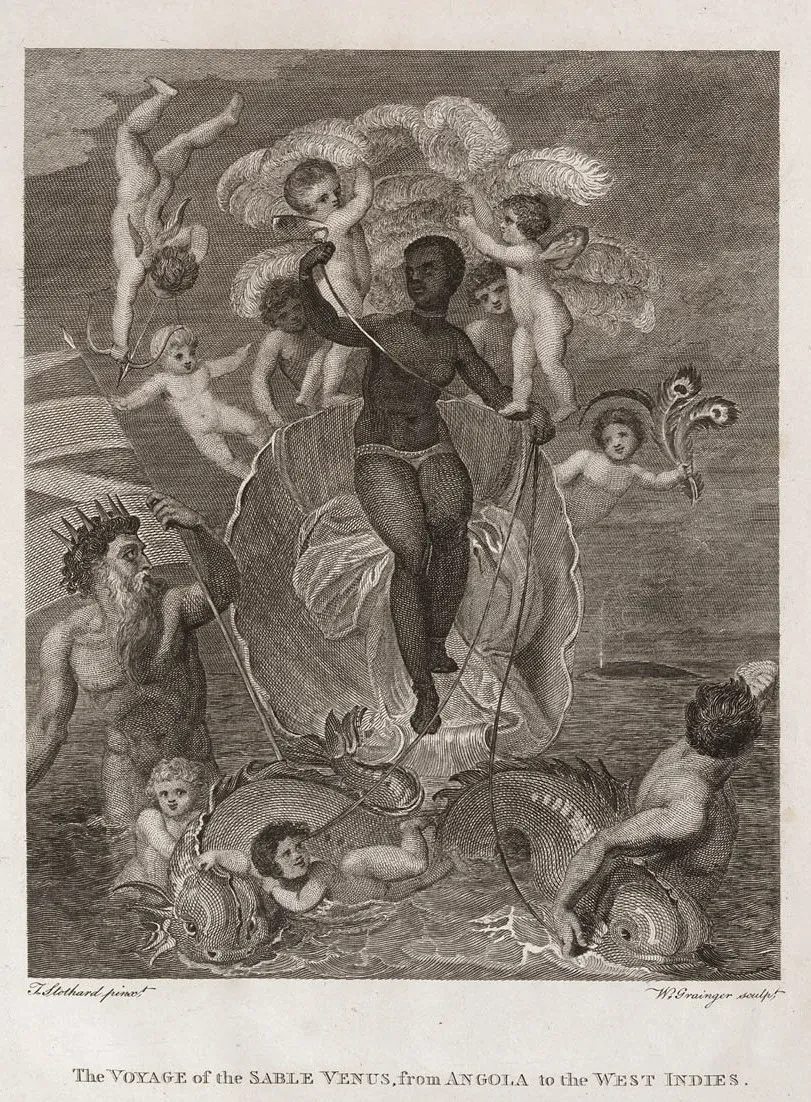
Decoding the Perspective
Sharon and Fiona discuss three objects from the collection: ‘Shipping Slaves off The Pitons St. Lucia’, ‘Barbados’ and ‘Negroes Sunday Market in Antigua’. All of the pieces strongly depict romanticised versions of history, where the true experiences of enslaved Africans are completely erased.
An interesting discussion takes place around how navigating historical documents are often trauma-inducing, and the need for care and consideration from gatekeepers in institutions.
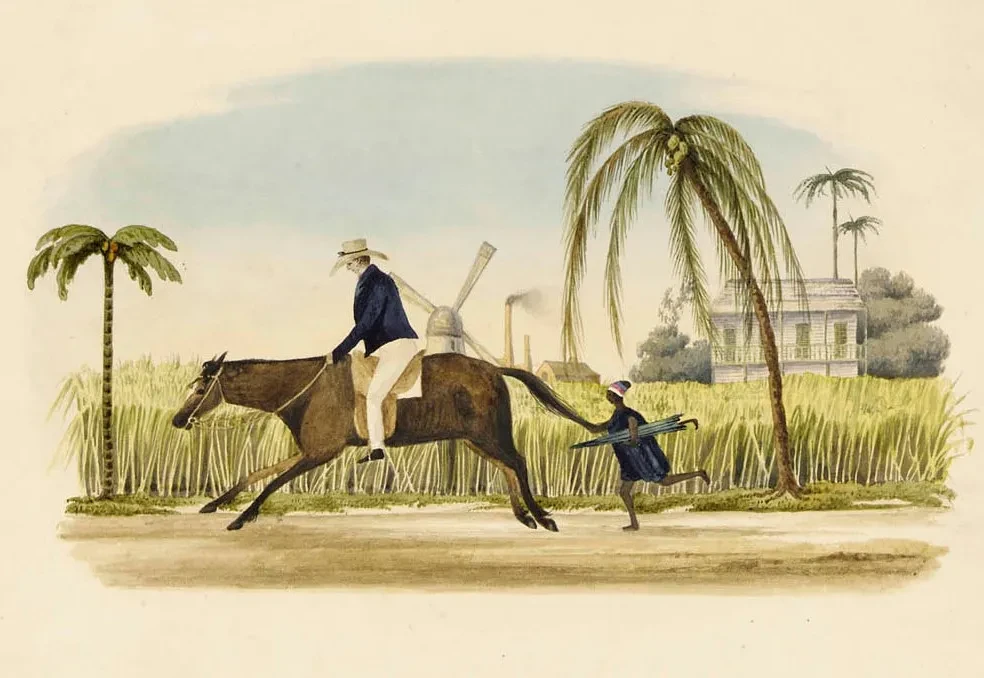
Blackness and Beauty
In the final episode Sharon and Serena discuss the ‘Lady with Parasol and Pineapple’ painting, a beautiful work depicting a black woman of means. Serena explores how symbols and signs in images can tell so much about a work. An uplifting episode, which celebrates the series and a great collaborative project.
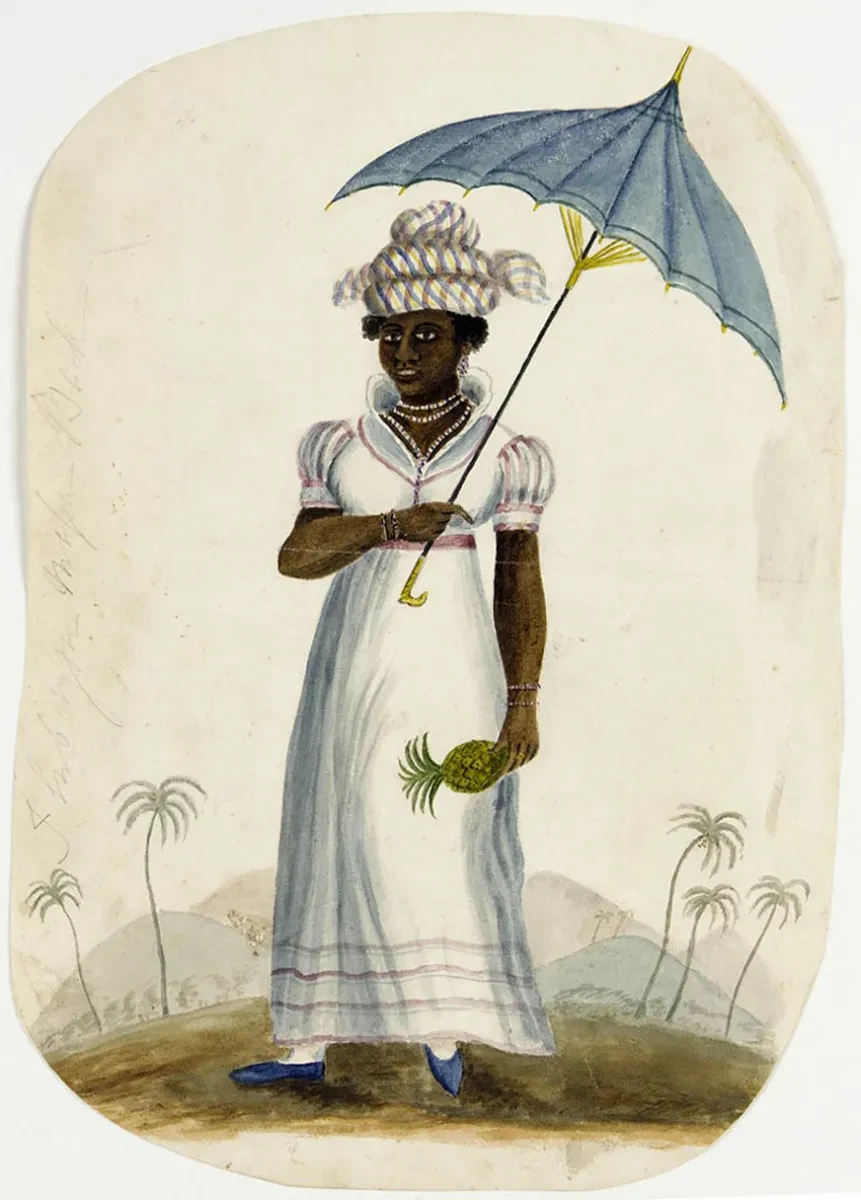
Series 2
Tap the arrows to find out more about the guests and objects featured in each episode of series two.
Tap to exploreThe Collections Store
To kick off the second series, podcast host Sharon Walters is joined by Serena Lee and Fiona Compton. They review the outcomes of the first series and how impactful change is being made to reshape how stories are told as a result of the podcast.
This episode is recorded at the Prince Philip Maritime Collections Centre, and examines a Georgian snuff box which references blackness through an image featured on the inside lid.
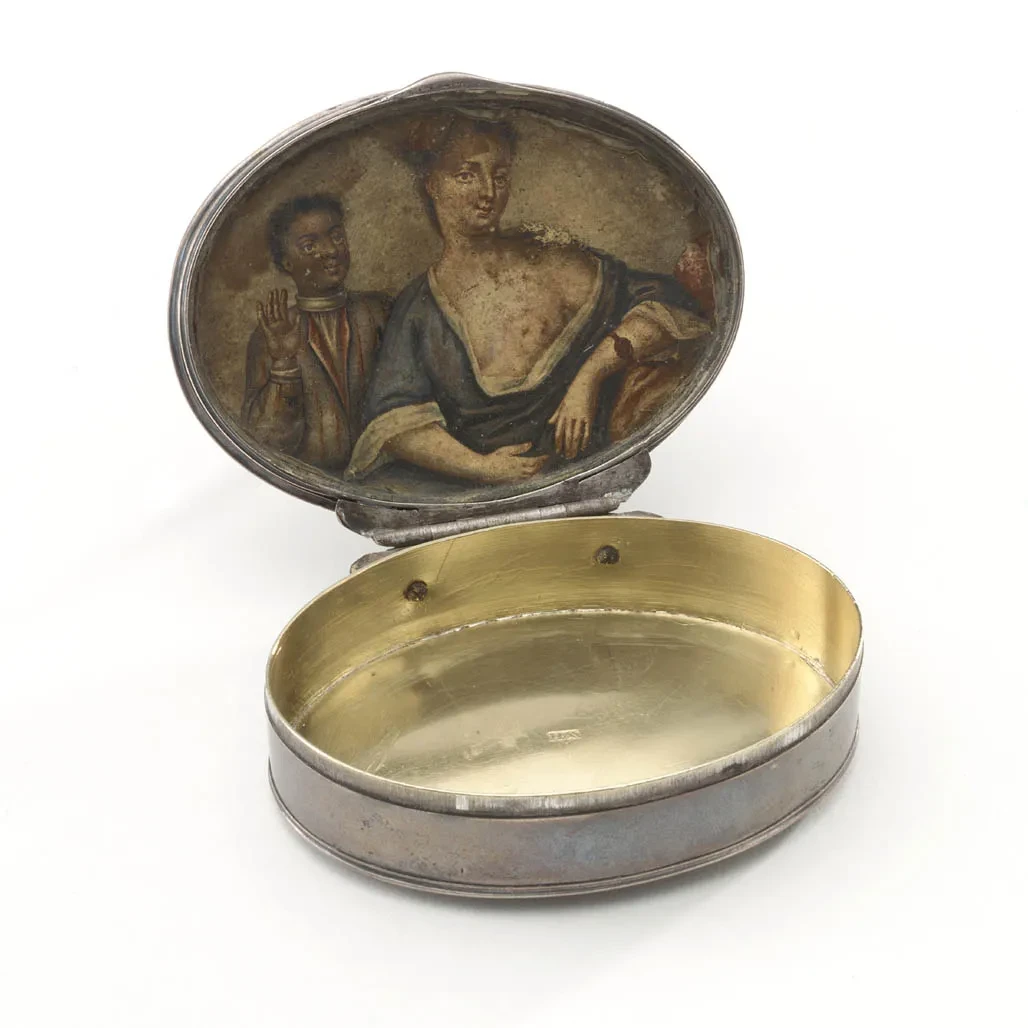
The Black Female Body, Exploitation and Power
Historian and filmmaker Nadia Denton and podcast host Sharon Walters centre their discussion on a collection piece featuring Saartje (Sara) Baartman. Sara is a well-known figure with a disturbing and tragic story. Nadia offers a response to Sara’s life in relation to female power and exploitation in the context of enslaved Africans.
Trigger warning: discussion includes themes of sexual violence.
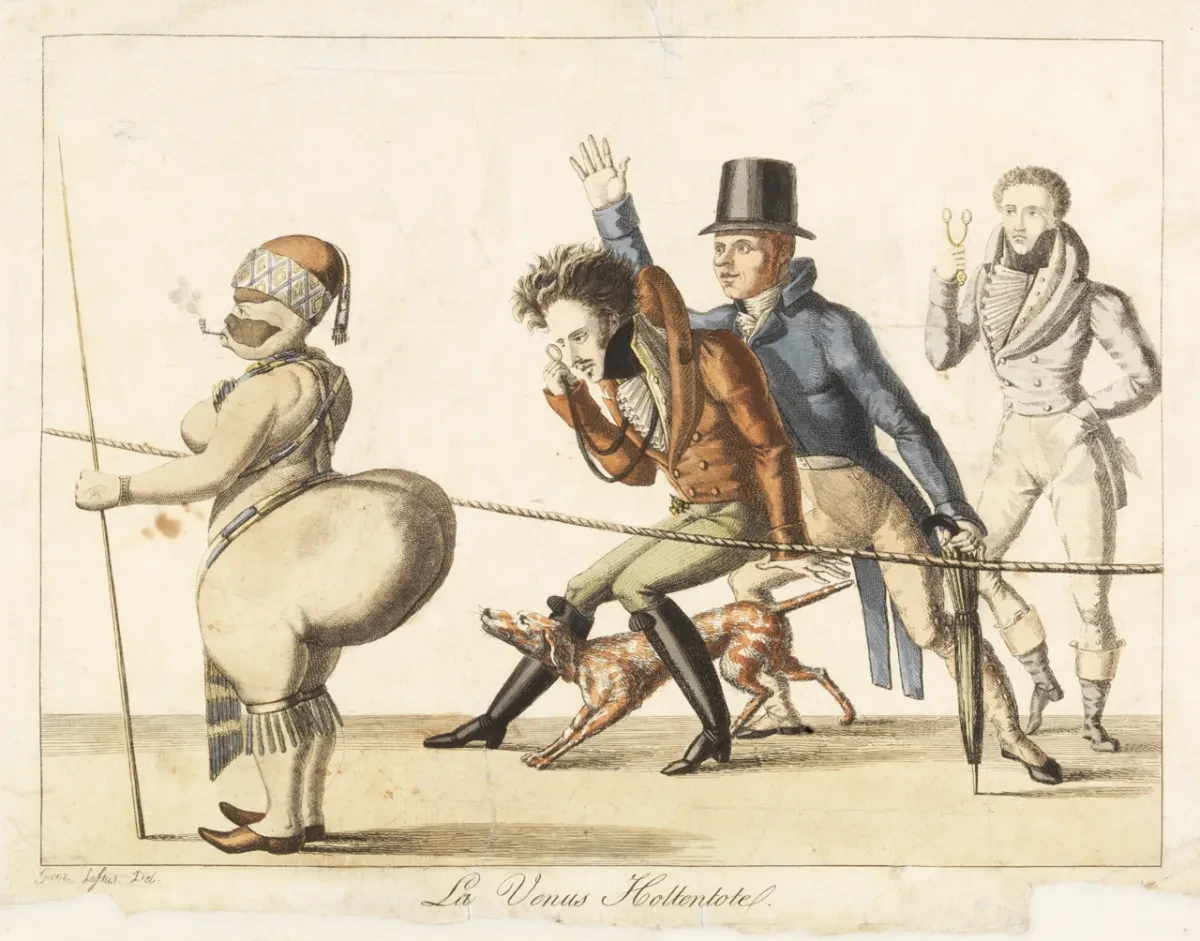
Reimaginings and Joseph Bologne
Sharon Walters is joined by Rudy Loewe and Jacob V Joyce, both queer visual artists and PHD students. This discussion explores the portrait of 'Monsieur de St. George' Joseph Bologne, and how ‘reimaginings’ can be a powerful way to engage with archives and collections.
They talk about the cataloguing of objects and archives, and the violence that can occur in dehumanizing black and marginalized people in institutions. The conversation also includes a discussion of the Huntley Archives and Saturday schools, and the impact they have more widely.
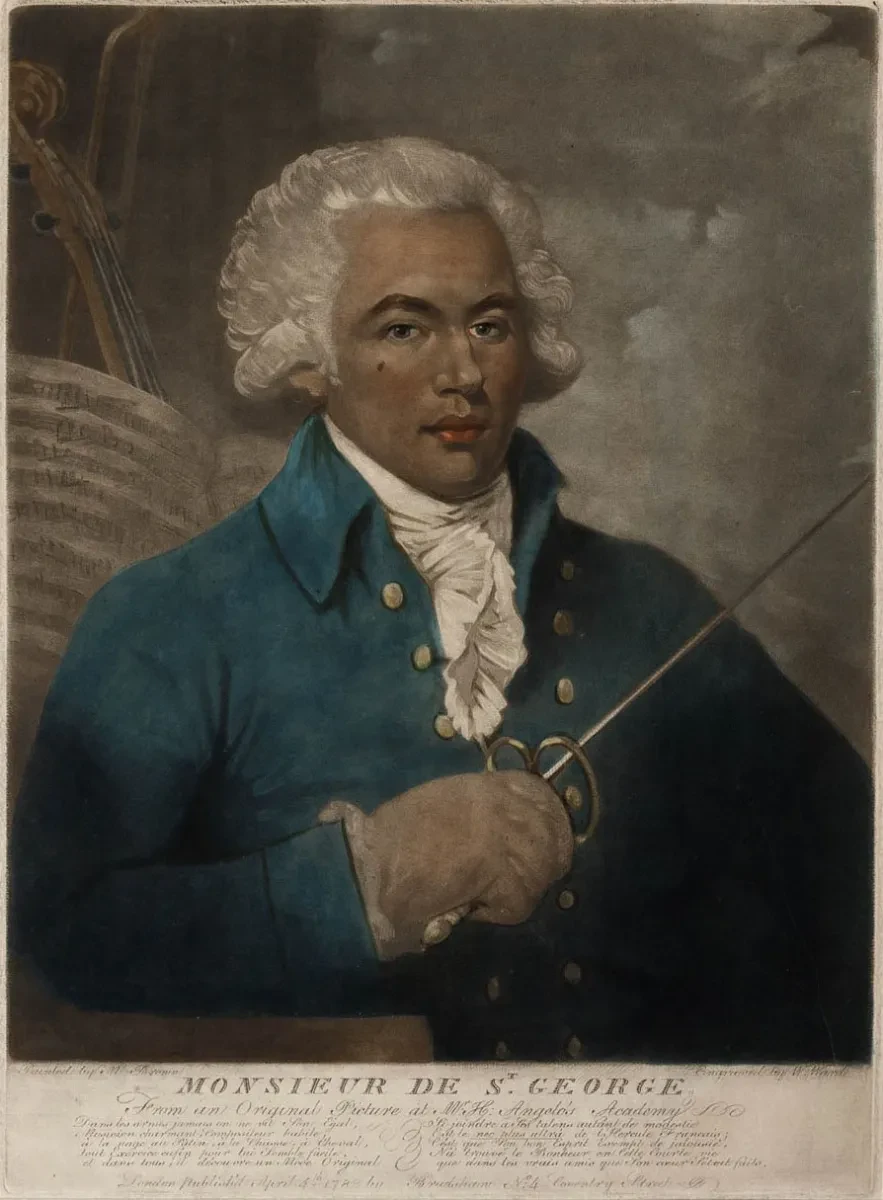
The Black Person as The Spectacle
Ekow Eshun and Serena Lee join Sharon to look at two pieces from the collection: ‘An engraving of Billy Walters’ and ‘A caricature of Greenwich Pensioners’.
Ideas around representation, authenticity and blackness are explored in this episode, interesting observations around reclaiming narratives are made, and captioned depictions from objects are challenged - thus providing fresh, new interpretations.
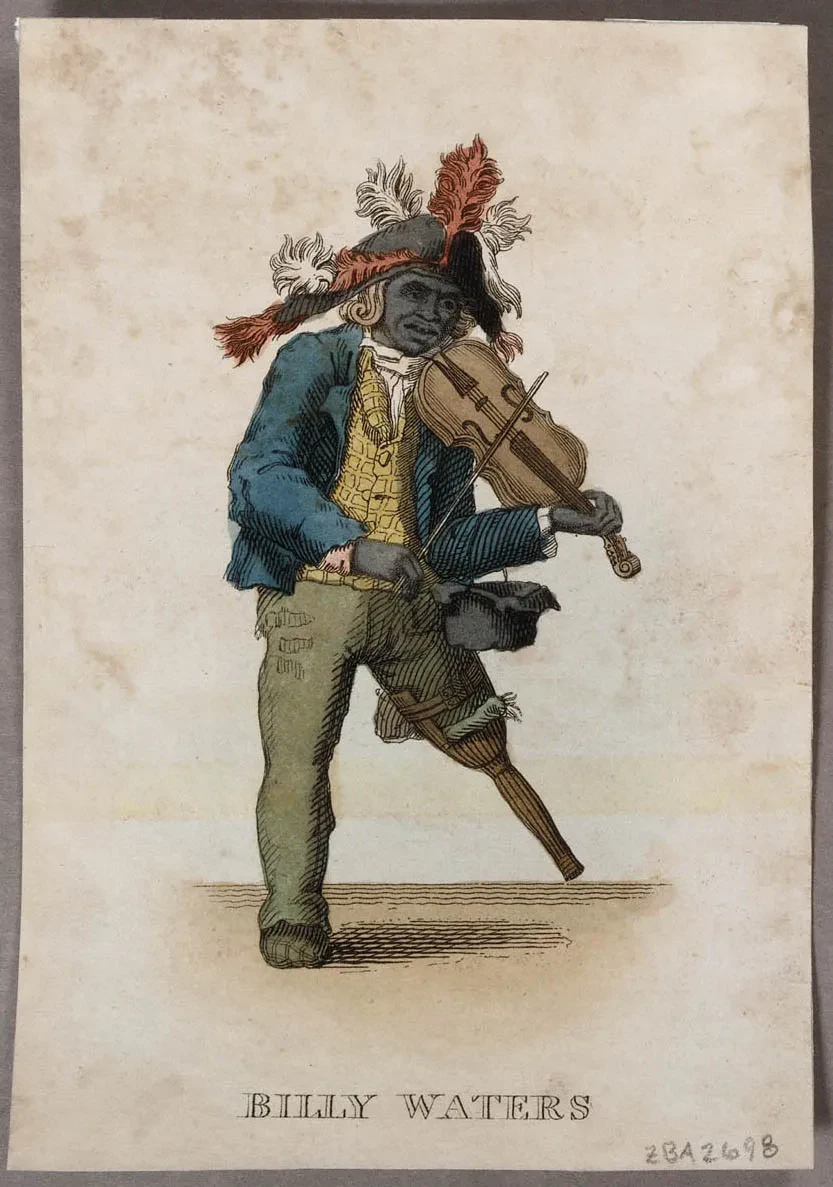
Contemporary Art in the Collections
Sharon Walters, Serena Lee and Fiona Compton visit pieces on display in the Museum collections, including Yinka Shonibare’s ‘Ship in A Bottle’, Kehinde Wiley’s ‘Ship of Fools’ and the recent installation of The World Reimaged globes following an introduction through this podcast. This conversation highlights the importance of contemporary art by Black artists in predominantly white institutional spaces.
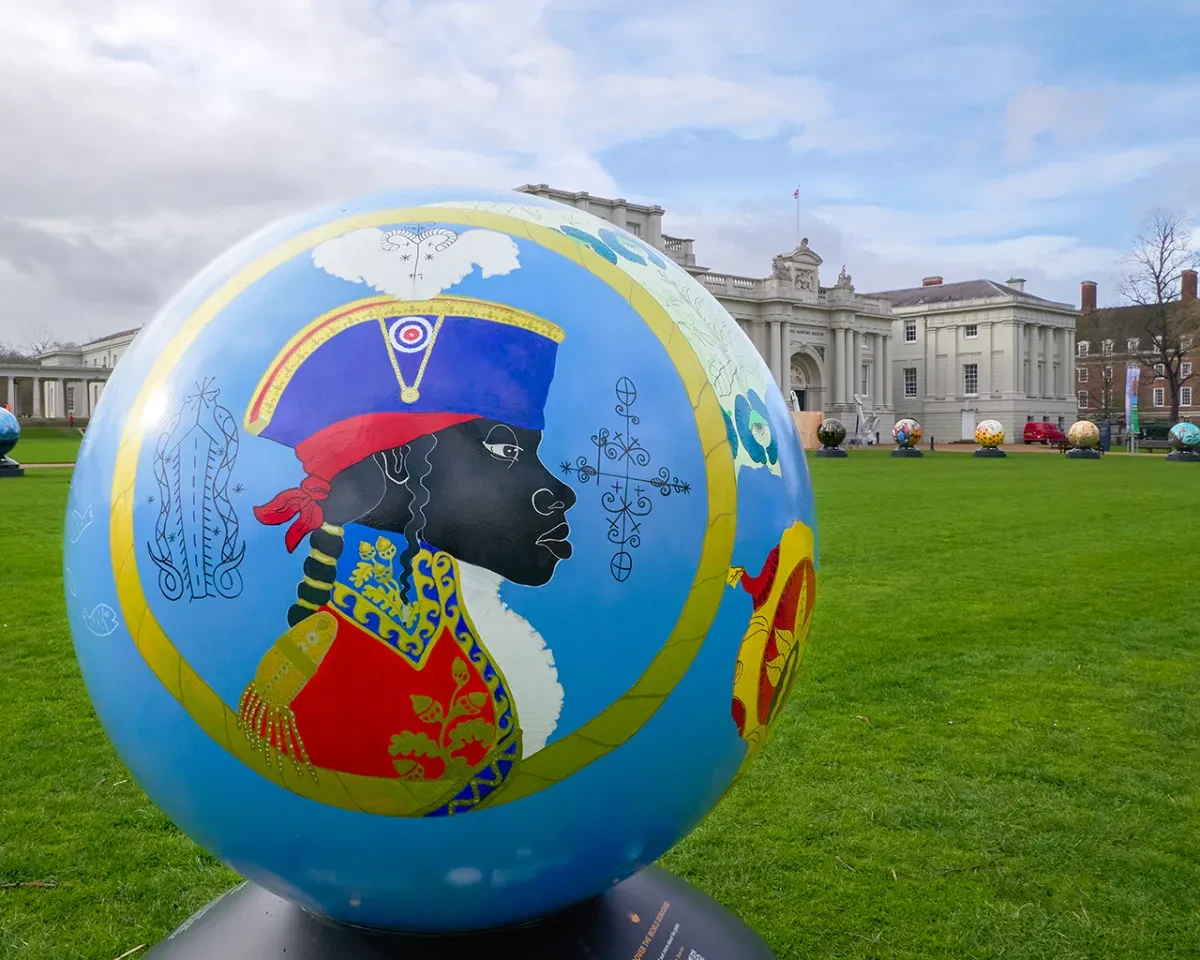
Representations and Misrepresentations
Sharon talks to Fiona Compton about a number of pieces from the collection. They discuss some very challenging images, exploring cruelty, injustice and propaganda.
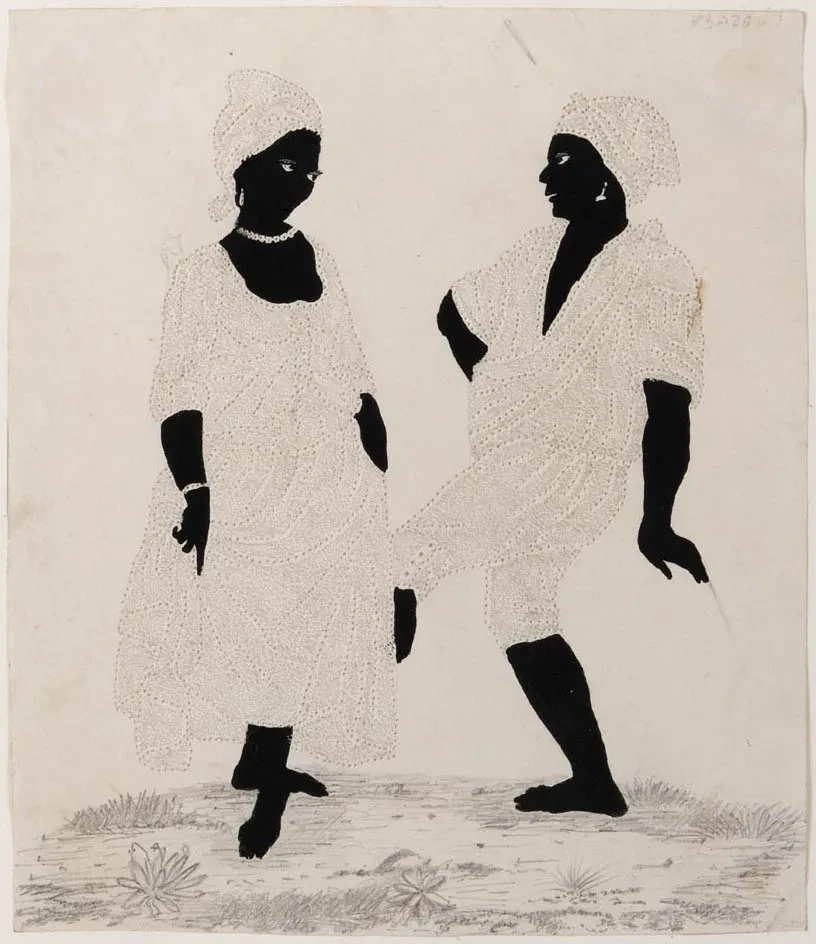
Reclaiming our Narrative
In this bonus episode, Rudy Loewe and Sharon Walters discuss archives that focus on the impacts of the colonial gaze in historic portraiture. Together, they explore the concept of critical fabulation, coined by Saidiya Hartman, to reclaim and reimagine the lives of historic Black people, mostly those who were enslaved. This is an honest and open discussion of how creativity and queer research methods can provide access to and empower the histories of Black African and Caribbean communities.
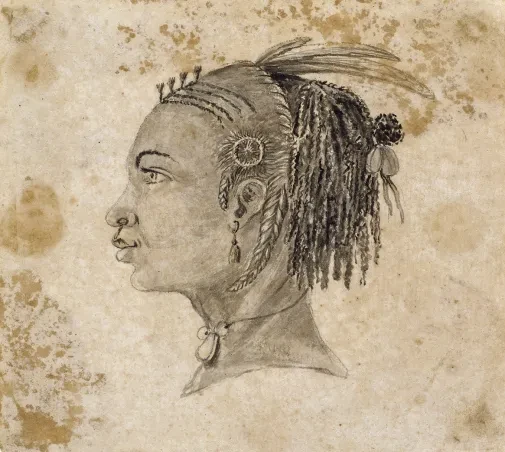
Find more stories and events
